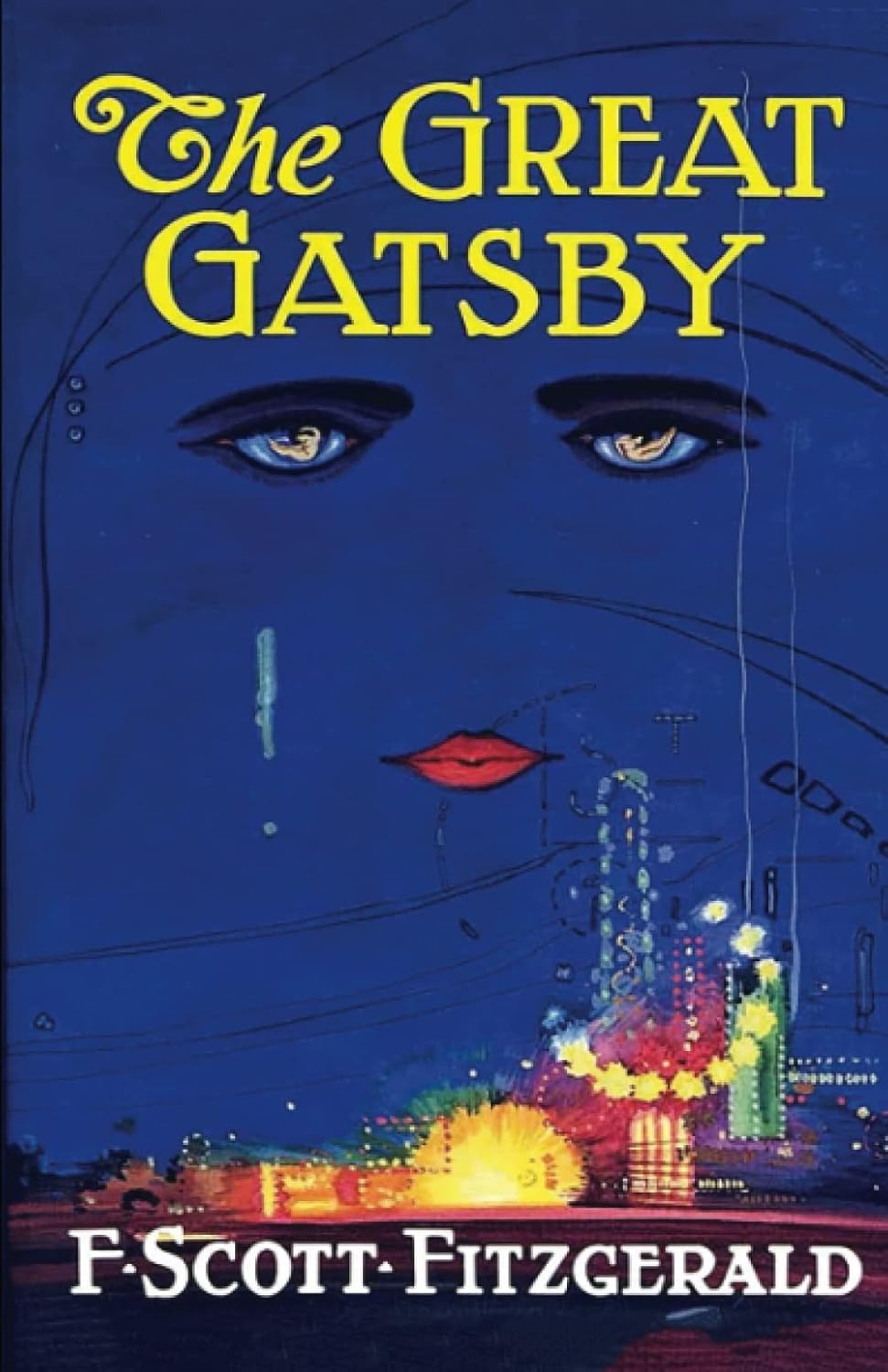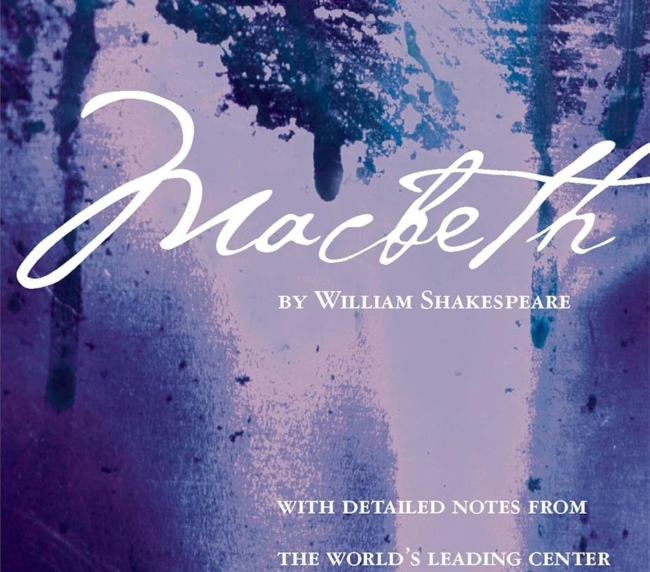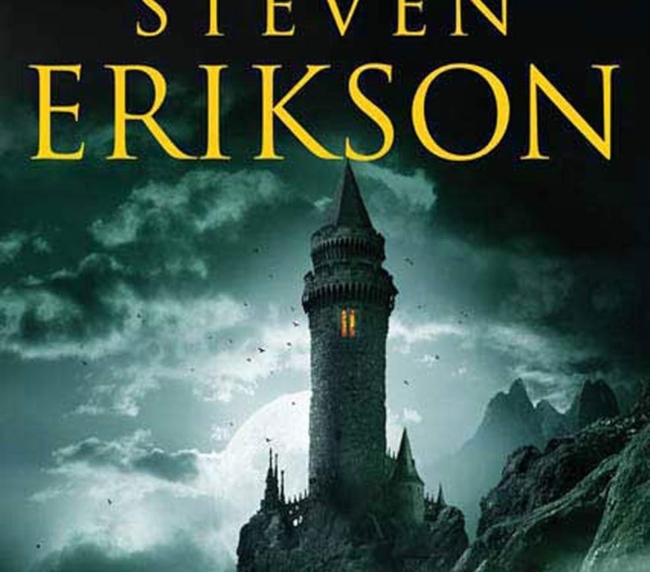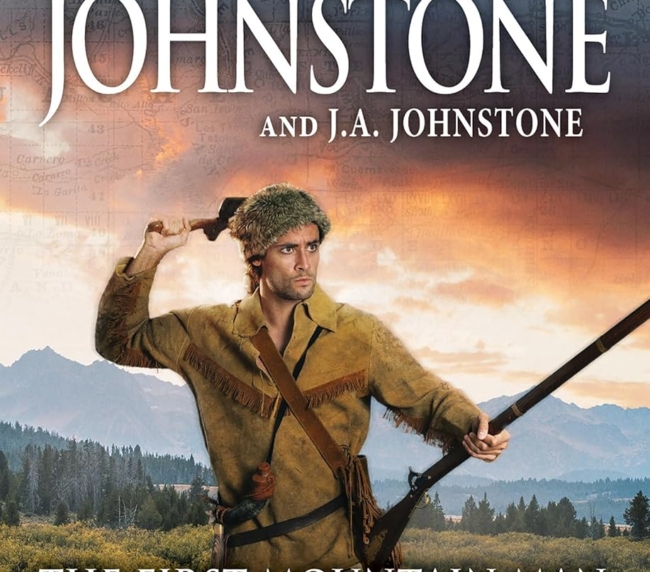Description
The Great Gatsby, widely regarded as F. Scott Fitzgerald’s greatest literary achievement, delves deeply into themes of excess and idealism, societal prejudices, patriarchal structures, and the harmful consequences of unchecked wealth in a capitalistic culture. Set amid the glamour and excess of the Jazz Age and Roaring Twenties, the novel ultimately serves as a powerful cautionary tale, exposing the darker side of the American Dream.
The narrator reflects: “When I returned from the East last autumn, I wished fervently for the world to assume a disciplined state, forever free from reckless adventures and privileged glimpses into human emotion. Only Gatsby, the man whose name graces this book, was immune from my disdain—Gatsby, paradoxically embodying everything I genuinely detested. If character can be seen as a seamless chain of triumphant gestures, there was undeniably something magnificent in Gatsby, an unusual sensitivity to life’s promises, as if he were finely tuned like delicate instruments capable of registering distant earthquakes. This ability had nothing to do with the vague vulnerability often excused as ‘creative temperament’; it was, instead, a rare and extraordinary optimism, a romantic fervor unmatched by anyone I have encountered since—and likely never will again. In the end, Gatsby himself was all right; it was the corrupt world that preyed on him, the toxic residue left behind by his grand dreams, that temporarily extinguished my interest in the fleeting sorrows and brief joys typical of humanity.”





Reviews
There are no reviews yet.